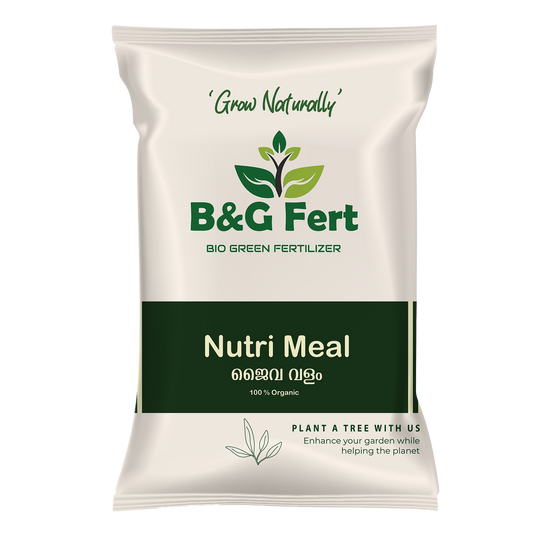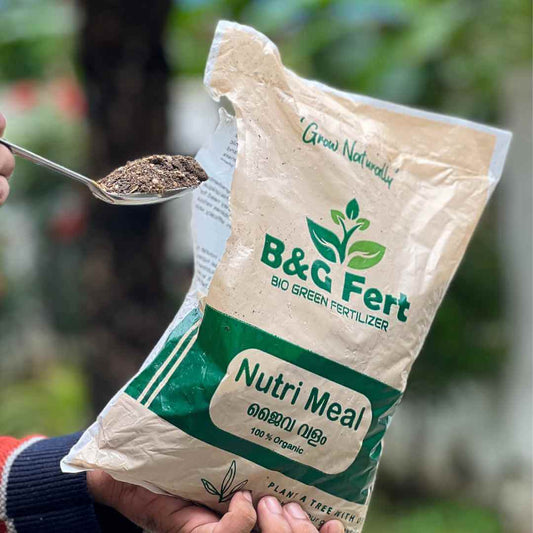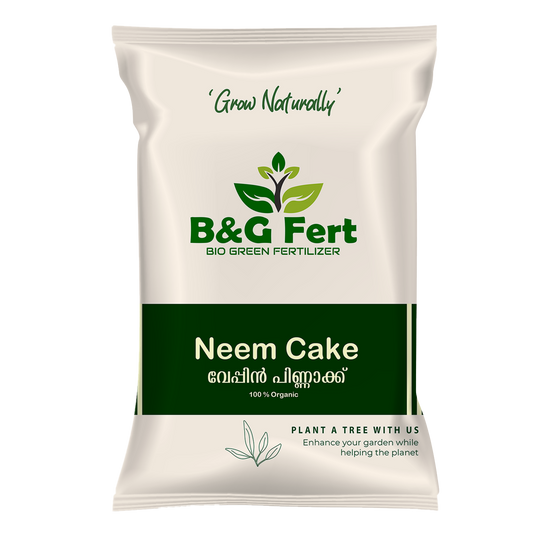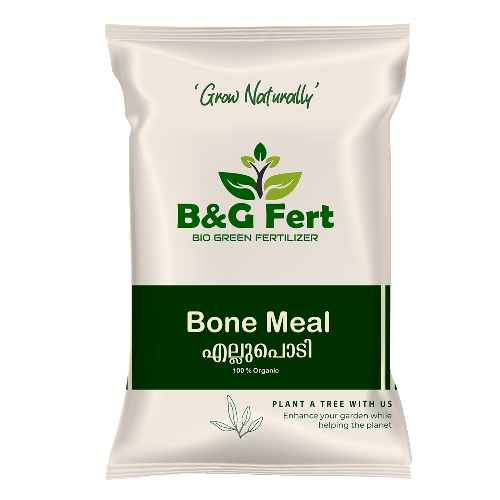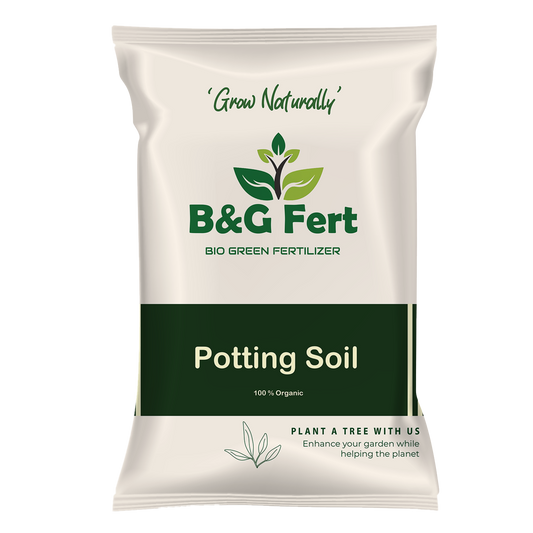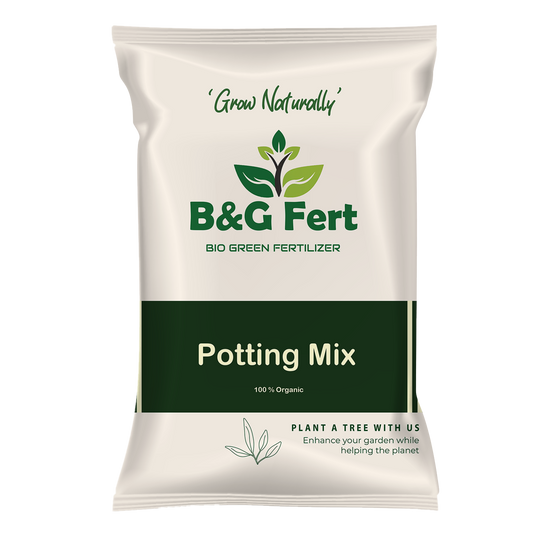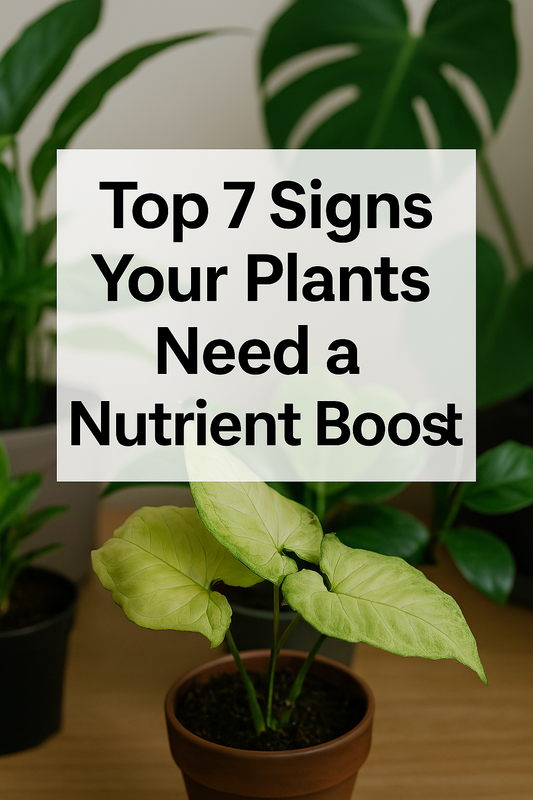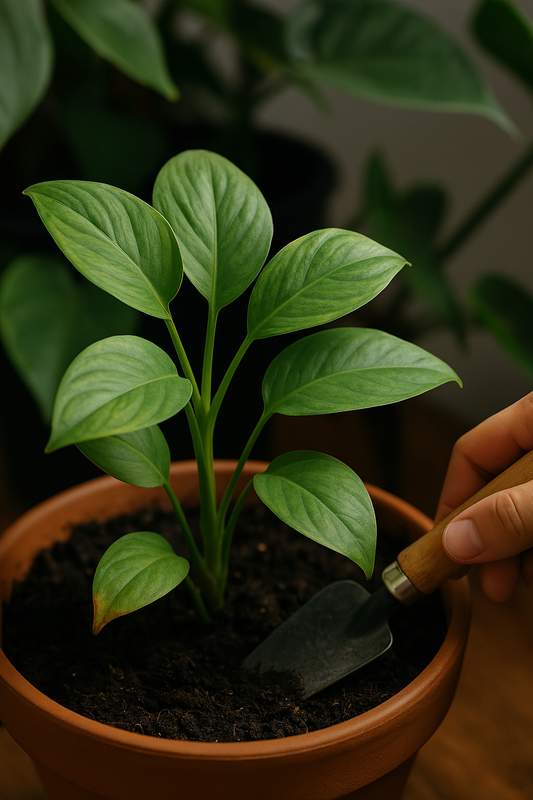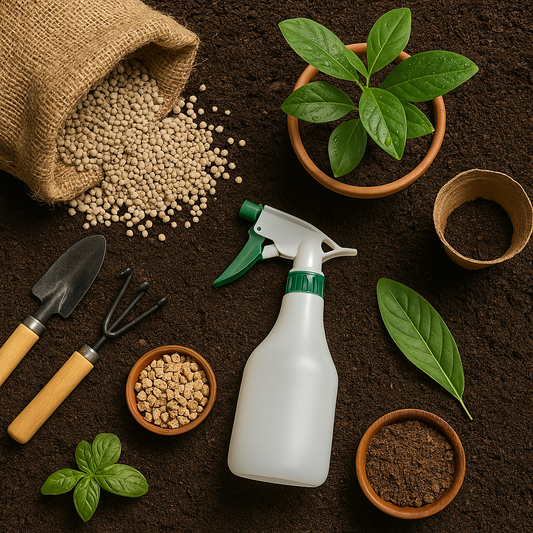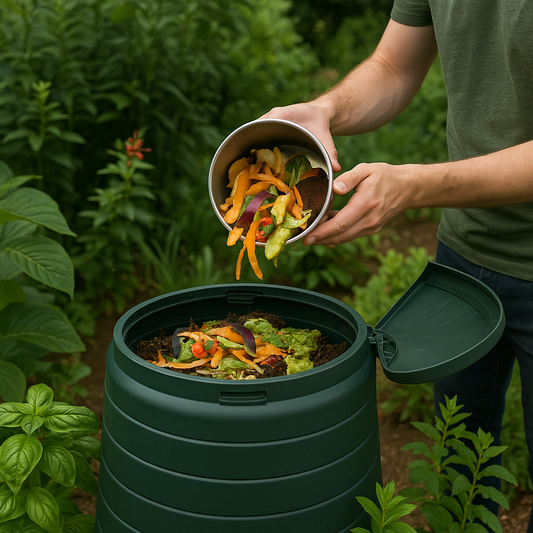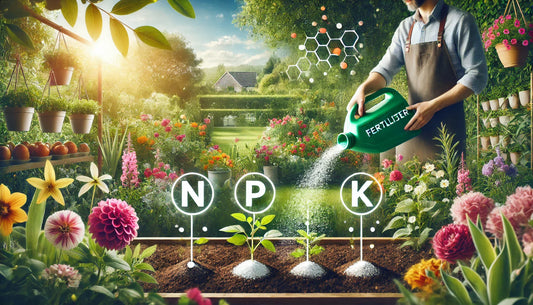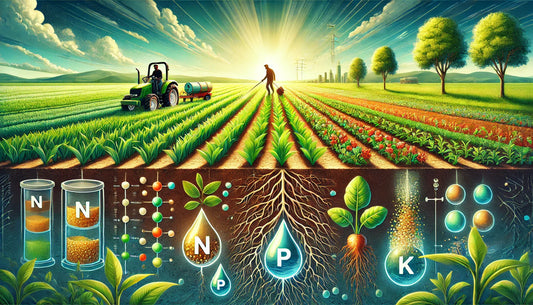
The Top 7 Benefits of Using Organic Fertilizers for Your Garden
In today’s environmentally conscious world, gardeners and farmers alike are increasingly turning to organic fertilizers to nourish their plants. Unlike their synthetic counterparts, organic fertilizers offer a host of benefits that extend beyond the immediate health of your plants. They contribute to long-term soil health, sustainability, and a healthier ecosystem. Here’s a closer look at why incorporating organic fertilizers into your gardening routine can be a game-changer.
1. Improved Soil Structure and Health
One of the most significant benefits of using organic fertilizers is their positive impact on soil structure. Organic fertilizers, such as compost and manure, enrich the soil with organic matter, which improves its texture and enhances aeration and water retention. This helps create a healthy, living soil that supports robust root growth and improves plant health. Over time, organic fertilizers contribute to the formation of humus, which binds soil particles together and improves the soil’s ability to retain nutrients and water.
2. Enhanced Nutrient Availability
Organic fertilizers release nutrients slowly and steadily, matching the natural uptake of plants. This slow-release mechanism ensures a consistent supply of nutrients, reducing the risk of nutrient leaching and runoff, which are common with synthetic fertilizers. Organic fertilizers provide a balanced mix of essential nutrients, including nitrogen, phosphorus, potassium, and trace elements, promoting healthy plant growth and development.
3. Increased Soil Microbial Activity
Organic fertilizers are rich in organic matter that serves as food for soil microorganisms. These microorganisms play a crucial role in breaking down organic material and converting it into nutrients that plants can absorb. Enhanced microbial activity promotes nutrient cycling, improves soil structure, and helps suppress soil-borne diseases. A healthy microbial community is vital for creating a vibrant, fertile soil that supports plant health.
4. Environmental Sustainability
Using organic fertilizers is an eco-friendly choice that contributes to environmental sustainability. Organic fertilizers are typically made from natural, renewable resources and do not contain harmful chemicals that can pollute soil and water. By reducing the reliance on synthetic fertilizers, which are often derived from non-renewable resources and contribute to greenhouse gas emissions, organic fertilizers help promote a more sustainable and environmentally responsible approach to gardening.
5. Safer for Plants, Animals, and Humans
Organic fertilizers are free from synthetic chemicals and additives that can be harmful to plants, animals, and humans. They are safe to use around pets and children and do not pose the same risks of chemical exposure and toxicity associated with synthetic fertilizers. This makes organic fertilizers an excellent choice for home gardeners who want to create a safe and healthy growing environment for their plants and families.
6. Long-Term Soil Fertility
Organic fertilizers contribute to long-term soil fertility by adding organic matter that improves soil structure and nutrient availability. Unlike synthetic fertilizers, which can lead to soil degradation and nutrient imbalances over time, organic fertilizers help build and maintain a healthy, fertile soil. This ensures that your garden can continue to thrive and produce healthy, vibrant plants year after year.
7. Support for Biodiversity
Organic fertilizers support biodiversity both above and below ground. Healthy soils enriched with organic matter provide a habitat for a diverse range of soil organisms, including earthworms, beneficial insects, and microorganisms. This biodiversity is crucial for maintaining a balanced ecosystem and supporting plant health. Above ground, organic fertilizers help create a garden environment that attracts and supports a variety of beneficial wildlife, including pollinators and natural pest predators.
Conclusion: Embrace Organic Fertilization for a Healthier Garden
Switching to organic fertilizers is a positive step towards creating a healthier, more sustainable garden. By improving soil structure, enhancing nutrient availability, and supporting biodiversity, organic fertilizers offer numerous benefits that contribute to the long-term health of your garden and the environment. Embrace organic fertilization practices and experience the difference in your garden’s health and productivity.
